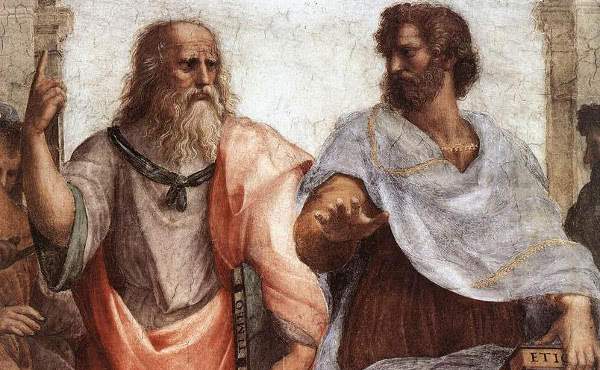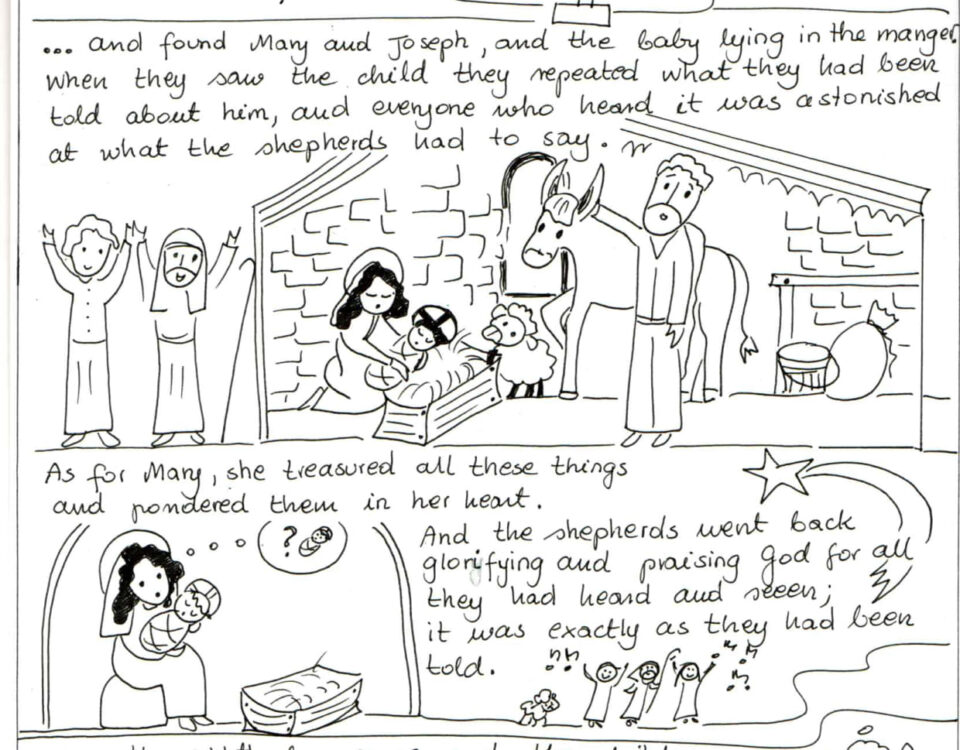Divine Retreat Centre UK – Official Website
Love – An Indicator of Life with Jesus
June 26, 2022If others continuously hurt me, how should I respond?
June 26, 2022History is bound with stories of warfare, victories and defeats. But in all these accounts, one that stands out as the most unconventional has to be the victory of King Jehoshaphat over the Ammonites and the Moabites (2 Chr 20). Its is not uncommon that in this modern-day world, we too are in a combat fighting the forces and ways of the world. When facing an impending crisis at work or home, the illness of a loved one, a sudden death in the family, most of us do not think to pause and praise God. The thought of praising God in a crisis seems nonsense. But God chose the foolish things of this world to shame the wise (1 Cor 1:27).
In 2 Chronicles 17-20, we encounter the story of King Jehoshaphat; Judah’s fourth king after Solomon’s kingdom was divided. The author of the book is quick to mention if kings were either good or bad as measured by their obedience to the law of God. Often we are also told of their spiritual influence and effect on the nation. Not surprising, then, we read that “the Lord was with Jehoshaphat because he followed the example of his father David’s earlier days and did not seek after the Baals, but sought the God of his father (Asa), followed the commandments and did not act as Israel did” (2 Chr 17:3-4). Jehoshaphat was thirty five years old when he became king (2 Chr 20: 31). From the beginning of his reign, he established religious reforms removing the Asheran shrines, and establishing a travelling school where 16 of his well trained men would travel the land teaching the people the law of the Lord. (2 Chr 17: 6, 7). Jehoshaphat’s passion and obedience to God brought security to his kingdom. “The dread of the LORD was on all the kingdoms of the lands which were around Judah, so that they did not make war against Jehoshaphat” (2 Chr 17: 10-11).
In the third year of his reign, Judah was invaded by a large army of Ammonites, Moabites and Seirites (2 Chr 20:1). King Jehoshaphat did not have the army or the resources to fight the battle. Any one of the army would have been a sizable opponent but all three foreign armies together represented an impossible foe to defeat. There are people today in our church, in our homes, in our streets who have impossible situations to deal with, a fatal sickness, financial disputes, childlessness or perhaps marriage falling apart, to all of them King Jehoshaphat provides the solution. These are just some of the battles, problems by their sheer size make us feel small and powerless. The dilemma that King Jehoshaphat faced was no different, yet the first thing he did was to humble himself. He did not get help from other nations, neither did he hold a conference of his strong men on possible attack strategies. Rather he turned to the only one who could get him and his nation out of all danger. Then Jehoshaphat stood up in the assembly of Judah and Jerusalem at the temple of the Lord in the front of the new courtyard and said: “Lord, the God of our ancestors, are you not the God who is in heaven? You rule over all the kingdoms of the nations. Power and might are in your hand, and no one can withstand you. Our God, did you not drive out the inhabitants of this land before your people Israel and give it forever to the descendants of Abraham your friend? They have lived in it and have built in it a sanctuary for your Name, saying, ‘If calamity comes upon us, whether the sword of judgment, or plague or famine, we will stand in your presence before this temple that bears your Name and will cry out to you in our distress, and you will hear us and save us. But now here are men from Ammon, Moab and Mount Seir, whose territory you would not allow Israel to invade when they came from Egypt; so they turned away from them and did not destroy them. See how they are repaying us by coming to drive us out of the possession you gave us as an inheritance. Our God, will you not judge them? For we have no power to face this vast army that is attacking us. We do not know what to do, but our eyes are on you.” (2 Chr 20: 5-10)
Jehoshaphat was a man of courage and valor. For years he had been strengthening his armies and his fortified cities. He was well prepared to meet almost any foe; yet in this crisis he put not his trust in his army or his strength but in the God of Israel who could give him victory in the eyes of the nations. What’s more inspiring is not just the men but their wives and children all together as one unit came before the Lord (2 Chr 20:13). How many times in moments of individual crises, do we come together as a family to consult the Lord? With confidence, Jehoshaphat could say his eyes were on the Lord. He believed the Lord had a plan to deliver them. I alone know the plans I have for you, plans to give you a future with hope (Jer 29:11). Then the Spirit of the Lord comes upon a man called Jahaziel and he prophesied, “Your Majesty and all you people of Judah and Jerusalem, the Lord says that you must not be discouraged or be afraid to face this large army. The battle depends on God, not on you. Attack them tomorrow as they come up the pass at Ziz….You will not have to fight this battle. Just take up your positions and wait; you will see the Lord give you victory” (2 Chr 20: 15-17). Imagine you have a huge problem at hand, and instead of a solution, you are asked to hold on and wait. Jehoshaphat and all his people bow their face to the ground and praise and worship God. The next day he appoints singers to go before the army singing praises to the Lord (2 Chr 20:21). One of a popular Bible experts Graham Truscott says, when God’s people begin to praise and worship him, the power of his presence comes among his people in an even greater measure. And as soon as they started praising God, confusion erupted in the invaders’ camps. Two of the armies turned on the other and destroyed it. Then, they turned on each other until every soldier was killed (2 Chr 20:22-24).
Satan had inspired these three great armies to attack and destroy Judah. He thought that he could thwart God’s plans by destroying His chosen people. What Satan didn’t realize was that Jehoshaphat still had faith in God. He had worked very hard to bring his people back to the Lord. By the time the enemy was near, they weren’t afraid. They simply went to God and sought His protection. After all, they had a covenant with Him (Deut 20:2-4, 28:7). It was an ironclad promise that no army could prevail against them. As long as they believed God and trusted His promises, they would never lose and never be afraid. God told Judah that they would march out to meet the invaders, but that they wouldn’t have to lift a finger. He loves His people so much that He is willing to fight the battles for them (Ex 14:14)! He wants to fight your battles too! The day Judah’s army marched out they could have easily forgotten what God had said and tried to figure out a way to win the battle. They could have been overcome with fear or pride and been destroyed by the enemy. But instead, they marched out confidently knowing that the victory was theirs, though the battle wasn’t! They released their faith in joyful praise, which unleashed God’s power on their behalf. It takes real faith to praise God when things look bad. But real faith released through praise will open the windows of heaven and overcome any difficulty.



